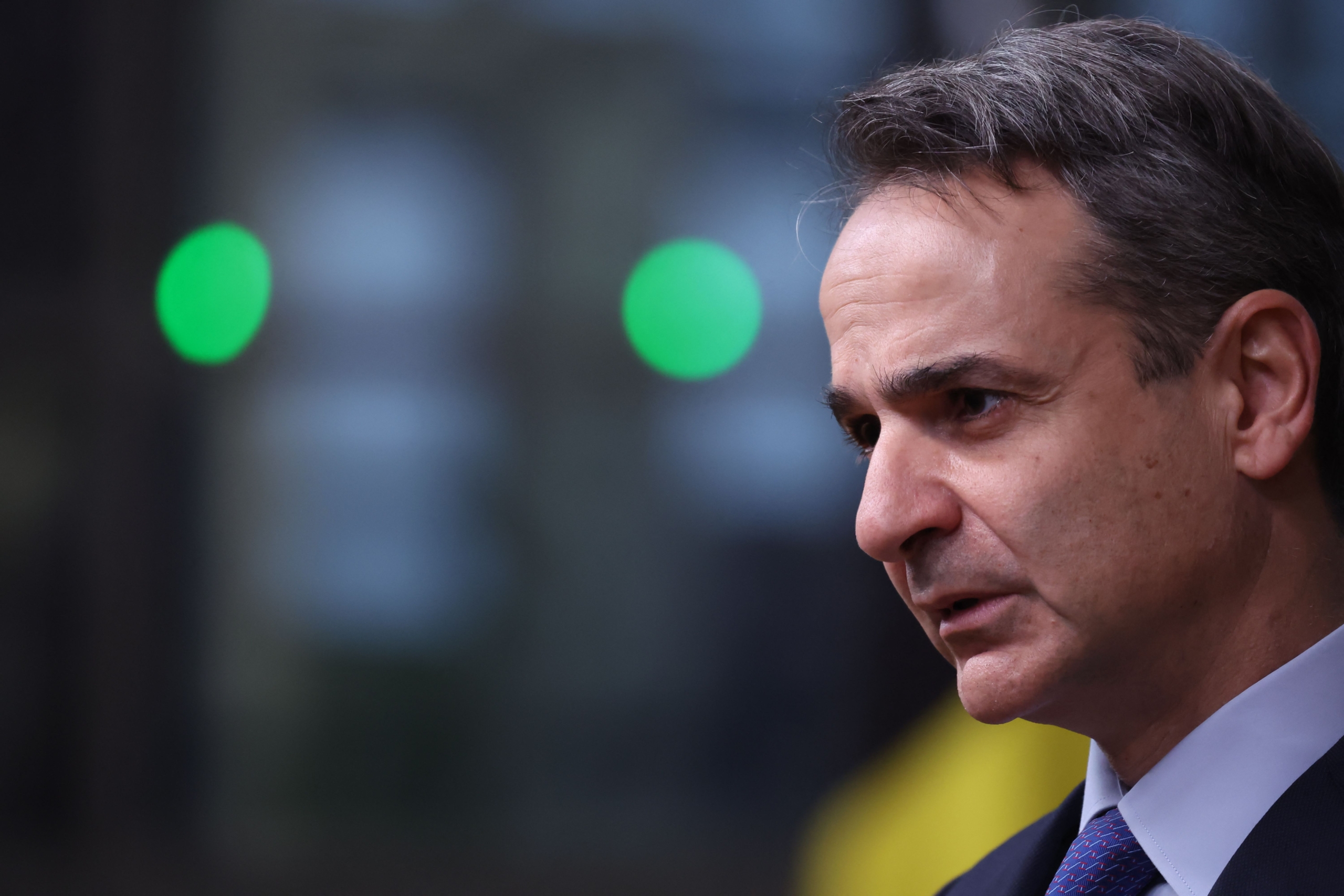Sign up for the daily CJR newsletter.
Last November Ingeborg Beugel, a Dutch journalist who has been covering Greece for decades, was advised by her country’s embassy in Greece that she should leave the country for her own safety.
Days earlier Beugel had attended a joint press conference between the Greek PM Kyriakos Mitsotakis and the visiting Dutch PM Mark Rutte. She asked them both about the way the Greek coast guard deals with refugee boats in the Aegean. When Beugel addressed Mitsotakis personally, and asked him to “stop lying,” Mitsotakis, usually mild-mannered, visibly lost his temper.
“What I won’t accept is that in this office you will insult me, or the Greek people, with accusations and expressions that aren’t supported by material facts. When this country has been dealing with a migration crisis of unrepresented intensity that has been saving hundreds, if not thousands, of people at sea.”
The exchange became a front page story. Video of the exchange spread quickly on Greek social media. Beugel, largely unaware of the blossoming scandal, was returning to her Athens home from the supermarket later that night, she told CJR, when someone threw a stone at her head. “It didn’t quite hit me, but I didn’t stick around to see who it was. I ran back to my house.”
Large parts of the Greek mainstream media set their sights on her. The biggest tabloid in the country, Proto Thema, published her address and details about her life. Others called her a spinster. High-profile journalists called Beugel “anti-Greek”. The mayor of the island where she lives filed a lawsuit against her. Beugel has now left Greece for Holland. She doesn’t know if it will be safe for her to return.
—
Around the same time, Stavros Malichudis, an investigative journalist for Solomon magazine who has been nominated for the European Press Prize, was at home, scrolling through Facebook, when he saw the front page of the left-wing daily EfSyn.
The story revealed that the Greek National Intelligence Service was intercepting a journalist’s phone. “Reading through some of the details, the names and incidents mentioned seemed too familiar,” Malichudis said. “I called a few of my colleagues, asking them to read the story and check that I wasn’t going mad.” He finally contacted the journalist who worked on the story, who confirmed that it was about him.
EfSyn’s story, which relied on redacted secret material, referred to “information coming from a highly credible source,” that a journalist was searching in Kos for a 12-year-old boy from Syria named Jamal, whose artwork had appeared on the cover of a special supplement of French newspaper Le Monde. “Refugee stories are treated as national security issues” Malichudis said, “and that’s why I think they were tapping my phone.”
The story has been all but ignored in Greece. But Malichudis is grateful for support from international organizations. The Media Freedom Rapid Response (MFRR) announced that it will be holding an online fact-finding mission to Greece to assess increasing concerns about media freedom and the safety of journalists in the country. It cited “the murder of veteran crime reporter Giorgos Karaivaz and the limited progress of the investigation into the crime; numerous attacks on journalists; interferences faced by reporters specialising in migration, including surveillance by state authorities” among other issues.
“It’s a very suffocating landscape for critical and independent reporting,” said Laurens Hueting, Senior Advocacy Officer in the European Centre for Press and Media Freedom, who participated in the investigation, citing how “government control over the state-run media, the very large majority of the media landscape being owned by very few people who are close to New Democracy [the Greek ruling party] combines with a very high level of concern about its image abroad. Which then leads to lots of violations in the context of migration reporting.”
Hueting’s overall impression, he said, was that “you can’t hold the authorities to account whether it’s on migration, whether its on police brutality, whether it’s on economic decisions, there is very limited space in the landscape for contrarian voice.”
Has America ever needed a media defender more than now? Help us by joining CJR today.







